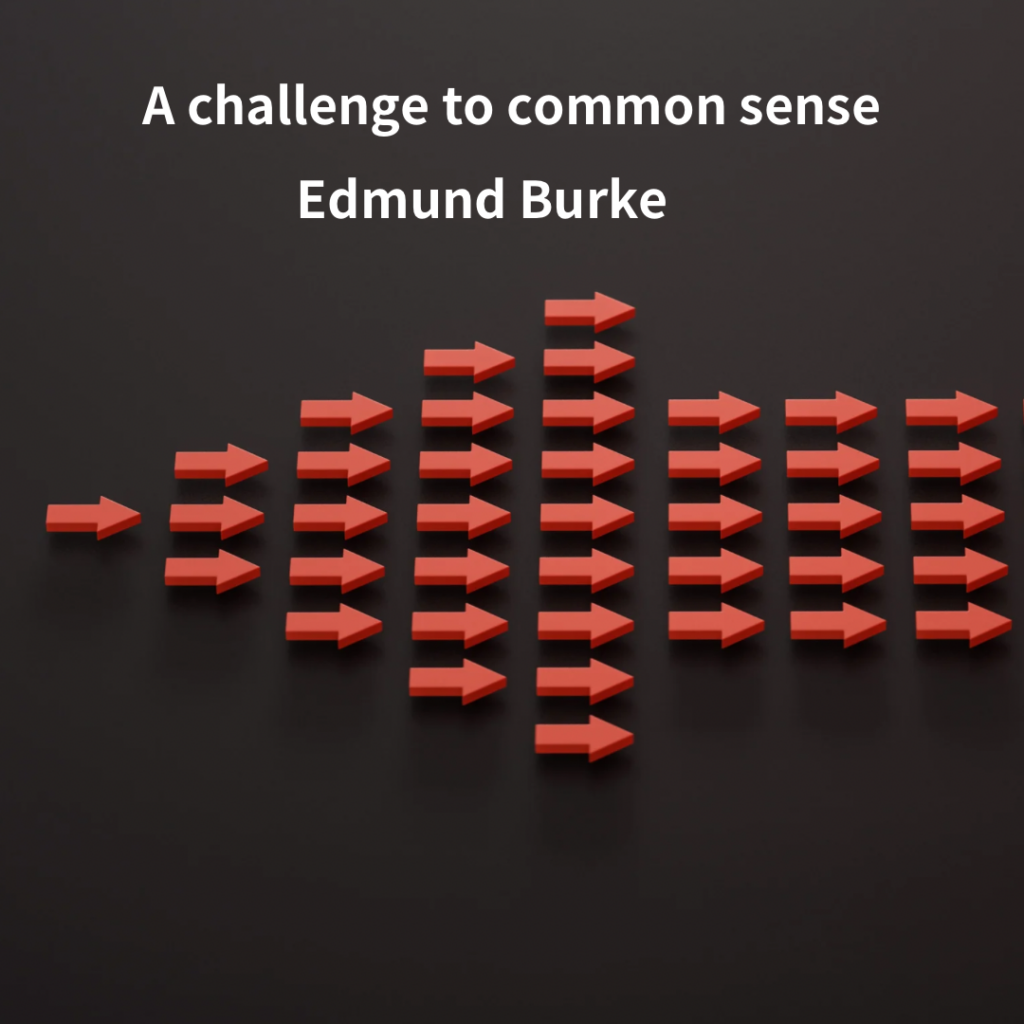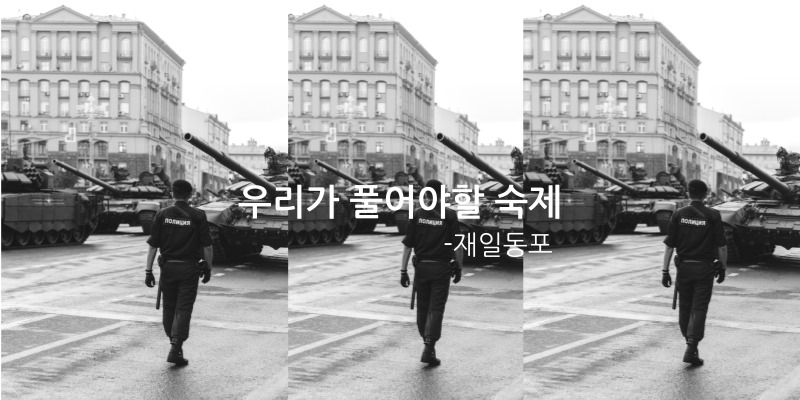
상식에 대한 도전
어떤 사람에게 모두가 자연스럽게 받아들이고 있는 사실/의견에 대해 “그 사실은 틀린 사실이야”라고 말한다면, 거부를 당한 것 같은 사실로 인해 당사자 내면은 감정 방어 시스템으로부터 불쾌함을 발동할 것입니다. 불쾌감은 부정적인 감정이지만 사람들의 주목을 모으고 발화자의 의견에 귀 기울이는 긍정적인 방향으로도 인도합니다. 버크는 시민사회의 개혁을 위해 당시 철학자들 사이에서 화제였던 논제 중 “숭고함”에 대한 상식에 대해 도전하여 큰 주목을 받았습니다.
“저자는 숭고와 아름다움이 자주 혼동되고 있으며 서로 매우 다른 사물들이나 때로는 정반대되는 성질을 지닌 사물들에게 무차별적으로 적용되고 있음을 간파하였다.”
왜 “숭고함”일까? 그 이유는 기회가 있으면 다른 글에서 설명하겠습니다. 오늘 우리가 주목할 초점은 굳건하게 유지되고 있던 철학적 사실에 대해 반기를 든 버크의 주장입니다.
18세기라는 시대는 사람들의 세계관이 급격하게 변화하면서 사회가 급변하는 시기입니다. 오랫동안 교회가 주장하는 인간관과 사회관이 힘을 잃어버리는 시대이기도 하죠. 그러니까 기존에 상식이었던 인생의 중요한 진실들 사이에 균열이 생기기 시작한 거죠. 이러한 시대적 배경 속에서 버크는 기존의 인간을 고찰할 때 자주 사용되었던 “숭고함”과 “아름다움”을 사용하여 인간의 새로운 사실을 밝히려고 시도합니다.
오해하지 말아야 할 것은 버크는 새로운 인간관을 정의하려고 하지 않습니다. 왜냐하면 그는 인간의 지적 한계를 알고 있었기 때문입니다.
물리적 원인의 연구를 통해서는 우리의 정신이 활짝 열어젖혀지고 넓어질 것이고, 이 연구에서 성공하든 실패하든 이러한 노력에는 분명히 대가가 있을 것이기 때문입니다.
버크는 왜 미학에 관한 이론서를 썼는지는 명확합니다. 자신이 알고 있던 인간과 사회에 대한 이론에 모순점을 발견했기 때문입니다. 그리고 자신조차도 확실하지는 않지만 거대한 지적 세계의 흐름 속에서 자신의 연구를 추가함으로 조금이나마 인간에 대한 이해도가 올라가기를 바라고 있죠.
:내용에 들어가기 앞서 [숭고와 미]를 쓴 의도를 명확히 함으로 저자가 의도하지 않는 잘못된 해석에 빠지지 않도록 하기 위해.
버크의 주장이 기존의 상식과 얼마나 다른지 함께 살펴보면서 사람들의 상식을 어떻게 깨우치는지 버크의 논법을 살펴보겠습니다. 그러면서 현재의 우리 삶에도 깨어야 할 상식이 있는지 고찰해보는 것도 유익할 것 같습니다.
[Introduction] Let’s Read “A Philosophical Inquiry into the Origin of Our Ideas of the Sublime and Beautiful”
challenge to common sense
If you tell someone, “That fact is incorrect” about a fact or opinion everyone naturally accepts, the recipient’s inner emotional defense system will trigger discomfort due to the apparent rejection. Discomfort is a negative emotion, but it can attract attention and lead people to listen to the speaker’s opinion in a positive direction. Burke gained significant attention by challenging the common sense regarding “sublimity,” a topic of interest among philosophers of his time, as a means of reforming civil society.
“The author perceived that the sublime and the beautiful are often confused and indiscriminately applied to very different or even opposite things.”
Why “sublimity”? The reason will be explained in another article if given the opportunity. Today, we will focus on Burke’s argument, which challenged firmly held philosophical facts.
The 18th century was a period of rapid change in people’s worldviews and a time of significant social transformation. It was also a time when the church’s long-held views on humanity and society were losing power. Consequently, the important truths of life that were once common sense began to show cracks. Against this backdrop, Burke attempted to reveal new truths about humanity using the frequently employed concepts of “sublimity” and “beauty.”
It should not be misunderstood that Burke was trying to define a new concept of humanity. He was aware of the intellectual limits of humans.
“Through the study of physical causes, our minds will be opened and expanded, and whether this study succeeds or fails, such efforts will undoubtedly have a reward.”
The reason Burke wrote a theoretical book on aesthetics is clear. He discovered contradictions in the theories about humans and society that he knew. Although he himself was not entirely certain, he hoped that adding his research to the vast flow of intellectual thought would slightly improve our understanding of humanity.
Before diving into the content, clarifying the intent behind writing [The Sublime and Beautiful] is crucial to avoid unintended misinterpretations by the author.
Let’s explore how Burke’s arguments differ from existing common sense and how he awakens people’s common sense. This can also be an opportunity to consider whether there are common senses in our current lives that need to be awakened.

